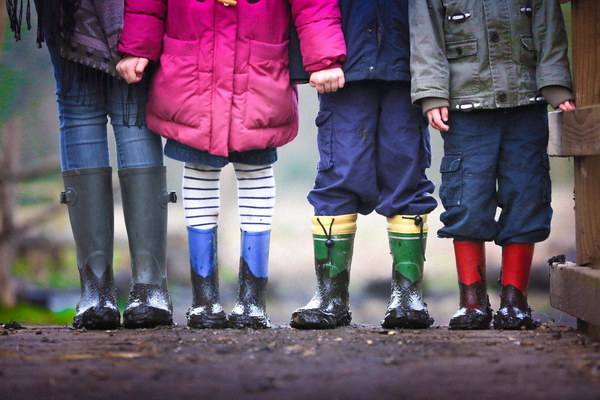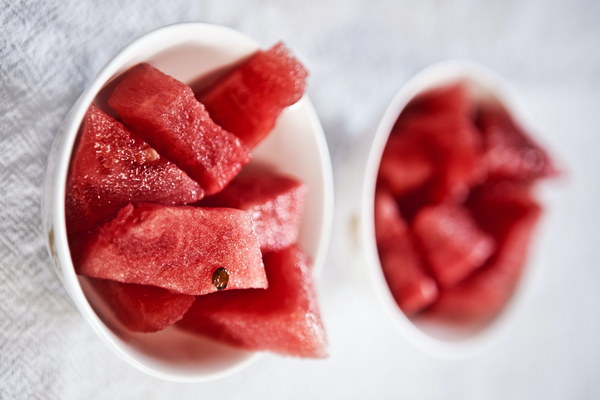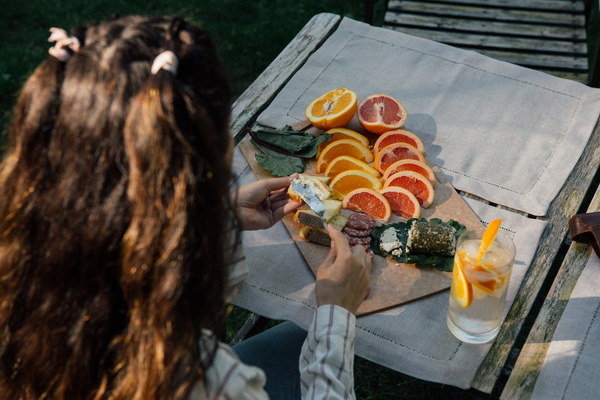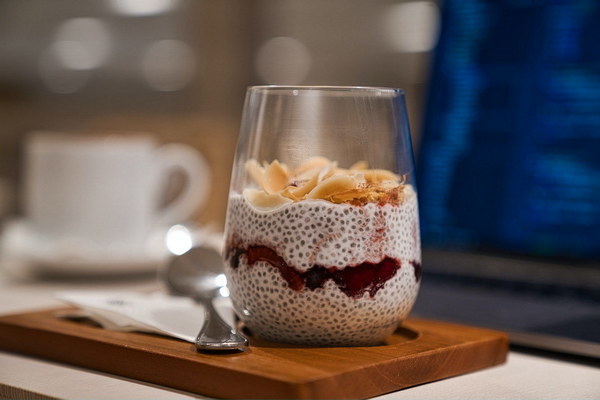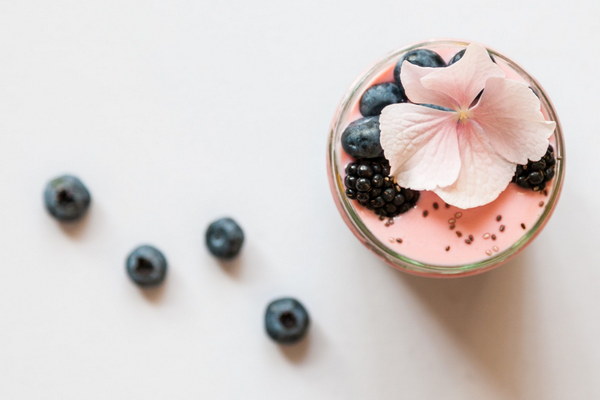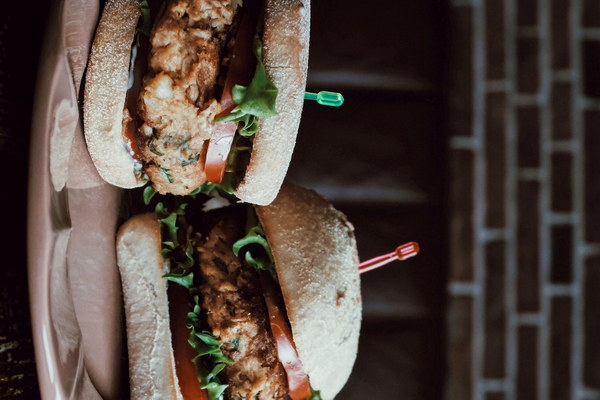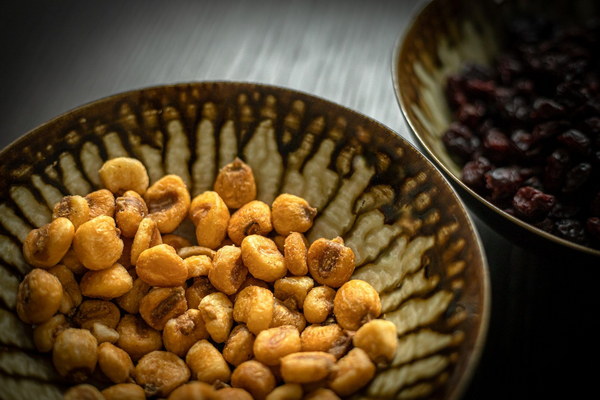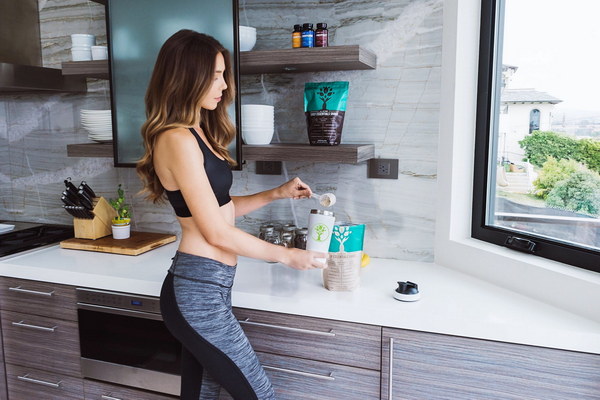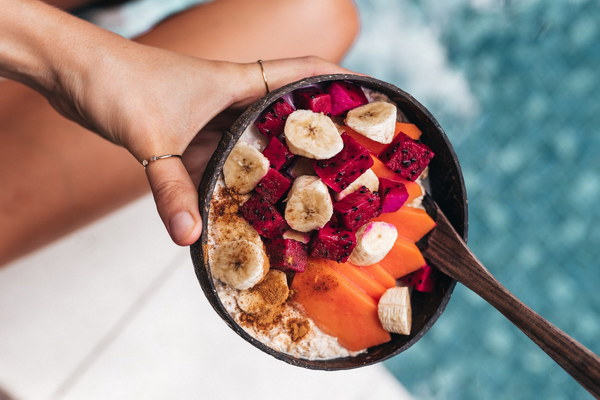Post-Treatment Itchiness Understanding and Navigating the Aftermath of Body Rejuvenation
After undergoing a body rejuvenation treatment, many individuals experience an unexpected sensation of itching. This can be disconcerting and might lead to confusion about the effectiveness of the therapy. Understanding the reasons behind this post-treatment symptom is crucial in managing it effectively. Below, we delve into what causes post-treatment itching and how to alleviate it.
The Science Behind Post-Treatment Itchiness
Body rejuvenation treatments, such as laser therapy, acupuncture, or cryotherapy, work by stimulating the body's healing mechanisms. These treatments can lead to various physiological responses, one of which is itching. Here's a closer look at why this might happen:
1. Inflammation: Many rejuvenation treatments cause inflammation as the body responds to the new stimuli. This inflammation can lead to itching as the skin and underlying tissues react.
2. New Cell Growth: Treatments that promote new cell growth, such as skin resurfacing, can trigger itching due to the skin's healing process. As new cells form, they can cause irritation and itching.
3. Toxins Release: Some treatments, like detoxifying therapies, release toxins from the body. The immune system's response to these toxins can manifest as itching.
4. Allergic Reactions: In rare cases, individuals may have an allergic reaction to the treatment itself or to the materials used, leading to itching and other allergic symptoms.
Managing Post-Treatment Itchiness
If you find yourself experiencing itching after a body rejuvenation treatment, here are some strategies to help manage the discomfort:
1. Keep the Area Clean and Dry: Wash the treated area gently with a mild cleanser and pat it dry. Moisture can exacerbate itching, so ensure the area is dry to prevent irritation.
2. Apply Calming Ointments: Over-the-counter hydrocortisone cream or calamine lotion can help soothe the skin and reduce itching.
3. Cool Compresses: Applying a cool compress to the itchy area can provide temporary relief by numbing the skin and reducing inflammation.
4. Avoid Scratching: Scratching can lead to skin damage and infections. If possible, keep your nails trimmed to prevent accidental scratching.
5. Stay Hydrated: Drinking plenty of water can help the body's natural healing processes and may reduce itching.
6. Wear Loose Clothing: Tight clothing can irritate the treated area and make itching worse. Opt for loose, breathable fabrics.
7. Consult a Professional: If the itching persists or becomes severe, consult a healthcare professional. They can recommend treatments such as antihistamines or corticosteroids.
Preventing Post-Treatment Itchiness
To minimize the risk of post-treatment itching, consider the following precautions:
1. Pre-Treatment Consultation: Discuss potential side effects, including itching, with your therapist before the treatment. This can help set realistic expectations.
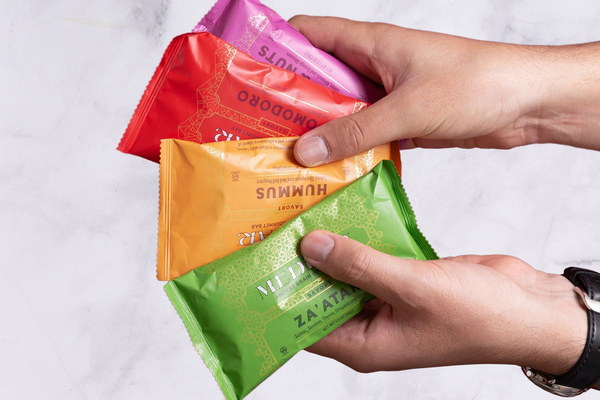
2. Allergy Testing: If you have a history of allergies, it may be beneficial to undergo an allergy test before undergoing treatments that could trigger a reaction.
3. Follow Post-Treatment Instructions: Adhere to the therapist's recommendations for aftercare, including avoiding certain activities or substances that could exacerbate itching.
4. Gradual Exposure: For treatments that are new to you, start with a lower intensity or a smaller area to gauge your body's reaction.
Post-treatment itching can be a normal response to body rejuvenation treatments, but it's important to manage it effectively to ensure a comfortable healing process. By understanding the causes and taking appropriate measures, you can alleviate discomfort and enjoy the benefits of your treatment without interruption.
